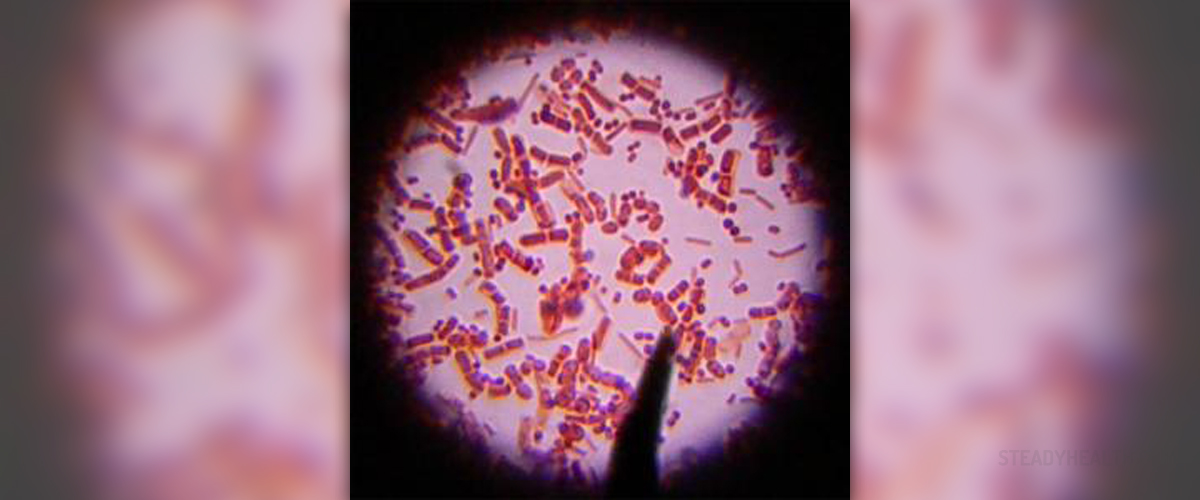
We are surrounded by many bacteria, a lot of them live inside our bodies, and many are on our skin, in our digestive system and in our genitals. Some of bacteria are helpful for proper functioning of the body, but others can be dangerous for our health. We suffer from an infection when those dangerous bacteria attack our body or when bacteria that are normally present in our body multiply and cause damage. Even tough there are so many bacteria, only some of them can harm us.
Harmful bacteria
Those bacteria that cause the health problems are staphylococci, MRSA, streptococci, heamophilus influenzae, E Coli, H. Pylori and Salmonella. Staphylococci are normally present in our organism, but some specific sorts can affect our health. One of those is bacterium called methicillin-resistant staphylococcus aureus or MRSA, which is a particular type of staphylococcus that has changed and became resistant to some medicines. This bacterium can result in severe skin disorder and it is very hard to cure the condition that it causes.
Haemophilus influenzae is the type of bacteria that affects our respiratory system, brain and ear, but fortunately, these days children are vaccinated against haemophilus influenzae type b.
Streptococci are bacteria that can cause infections of the throat and even lungs.
Escherichia coli is needed in our gastrointestinal system, but some types of these bacteria can lead to problems with bowel movements. These bacteria can also be entered in our body through improperly prepared food and in those cases they can result in food poisoning.
Helicobacter pylori is responsible for the development of peptic ulcers.
Salmonella is in a group of harmful bacteria that usually affect us through contaminated eggs and cause signs of food poisoning.
How to recognize a bacterial infection?
When bacteria start to multiple, your body reacts by activating immune system in order to defend itself. This kind of reaction must cause consequences and they are usually associated with increased body temperature, swellings, throwing up or watery bowel movements. However, you can have these signs even if you are not affected by an infection, which is why you need to talk to your doctor who will probably advise you to do some tests to confirm bacterial infection, so that the condition could be treated in the right manner.
Bacterial infection treatment
Some moderate infections usually don't need to be treated because the body is able to struggle with them on its own. You should always seek for medical help if you suspect that you might have an infection and the doctor will probably prescribe antibiotics, medications that destroy bacteria. Use these medicines only if the infection is caused by bacteria, since viral infections can't be treated with antibiotics.



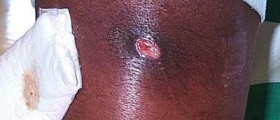


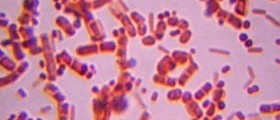

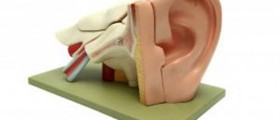

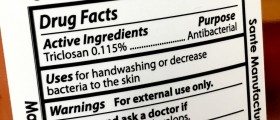




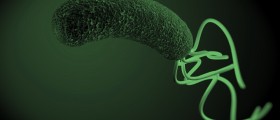
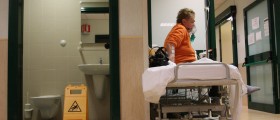
Your thoughts on this
Loading...